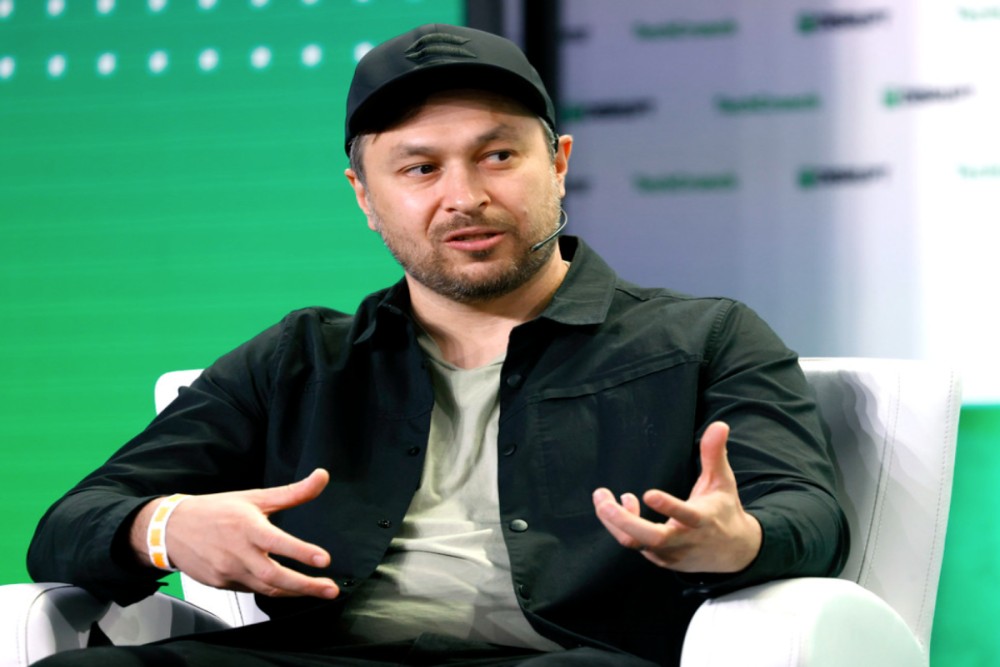In response to a growing controversy over potential conflicts of interest, the Ethereum Foundation’s Executive Director, Aya Miyaguchi, announced on May 24 the acceleration of a formal policy development to address these concerns.
The policy aims to fortify governance within the foundation, moving beyond the reliance on culture and individual discernment which has proven inadequate. The foundation had previously relied on “culture and individual judgment” to prevent conflicts of interest, but Miyaguchi admitted this approach was insufficient. The foundation has been working on the formal policy to address these issues and will expedite its completion, with updates to be shared soon.
Public Challenge Concerning Ethereum Foundation Sparks Disclosures
The controversy began on May 18 when Jordan Fish, a well-known cryptocurrency trader known as Cobie, publicly challenged Ethereum co-founder Vitalik Buterin regarding the ethical implications of Ethereum Foundation developers accepting significant financial incentives from projects built on the Ethereum network. Cobie specifically pointed to EigenLayer as a potential conflict of interest, questioning the appropriateness of Ethereum Foundation developers becoming advisors to such projects given the conflicting incentives.
Following Cobie’s remarks, Ethereum Foundation researcher Justin Drake disclosed on May 19 that he held an advisory role at EigenLayer and had received a significant incentive in Eigen tokens, valued at millions of dollars over a three-year vesting period. This disclosure raised concerns about transparency and potential conflicts of interest between EigenLayer and the Ethereum Foundation. Drake clarified that this information had been public since May 3 and the timing of his disclosure with Cobie’s tweet was coincidental.
On May 21, another Ethereum Foundation researcher, Dankrad Feist, also revealed his advisory role at EigenLayer, admitting to receiving a significant number of EIGEN tokens. Despite his advisory role, Feist assured the community that his involvement would not affect his professional judgments or positions on the development of EigenLayer or related Ethereum projects.
These disclosures have intensified scrutiny over potential conflicts of interest, particularly regarding the systemic risks that EigenLayer might pose to Ethereum. EigenLayer is a platform that allows users to deposit and “re-stake” Ether from various liquid staking tokens to secure third-party networks or validated services.
As an Ethereum layer-2 restaking protocol, EigenLayer enables Ethereum node operators and validators to earn fees by restaking liquid Ether received in exchange for staking. These assets can then be used on EVM platforms like Lido or to validate and secure other networks, including sidechains or non-EVM blockchains, effectively staking the same assets twice. Many blockchain experts have voiced concerns about potential centralization and the additional load imposed on stakers by running restaking services.

Restoring Trust Through Policy and Action
In light of these concerns, both Drake and Feist have taken steps to mitigate any perceived conflicts. Drake has committed to reinvesting or donating all proceeds from his advisory role to beneficial projects within the Ethereum ecosystem and pledged to sever ties with EigenLayer should conflicts with Ethereum’s broader interests arise.
Feist emphasized that his advisory position was personal and independent of his responsibilities at the Ethereum Foundation. He vowed to prioritize decentralization and risk management, urging the community to hold him accountable to ensure his advisory role does not compromise his work on Ethereum’s core protocol.
The introduction of a conflict of interest policy by the Ethereum Foundation reflects a strategic move to restore trust and ensure ethical governance within the community. Miyaguchi has committed to swiftly finalizing and implementing this policy, promising forthcoming updates to further promote transparency and accountability as the blockchain and cryptocurrency landscape continues to evolve. This initiative marks a critical step towards aligning the foundation’s internal practices with its public responsibilities and the expectations of its global stakeholder community.
- Crypto Price Update July 24: BTC Maintains $66K, ETH at $3.4K, XRP, TON, and ADA Rallies
- Bitcoin Falls to $65K as Mt. Gox Transfers $2.8 Billion BTC to External Wallet
- News of Marathon Digital’s $138 Million Fine for Breach of Non-Disclosure Agreement Triggers a Bearish 2.5% of Its MARA Stock
- Are $530M Bitcoin ETF Inflows a Blessing or Caution?
- Metaplanet Teams with Hoseki for Real-Time Bitcoin Holdings Verification
- Building Secure Blockchain Systems: An Exclusive Interview with ARPA and Bella Protocol CEO Felix Xu
- Building The “De-Facto Crypto Trading Terminal”: An Exclusive Interview with Aurox CEO Giorgi Khazaradze
- Building a New Global Financial System: An Exclusive Interview With Tyler Wallace, Analytics Head at TrustToken
- “Solana is the Promised Land for Blockchain” — An Exclusive Interview with Solend Founder Rooter
- El Salvador: Where The Bitcoin Revolution Begins With A Legal Tender

 Why Trust Us
Why Trust Us







